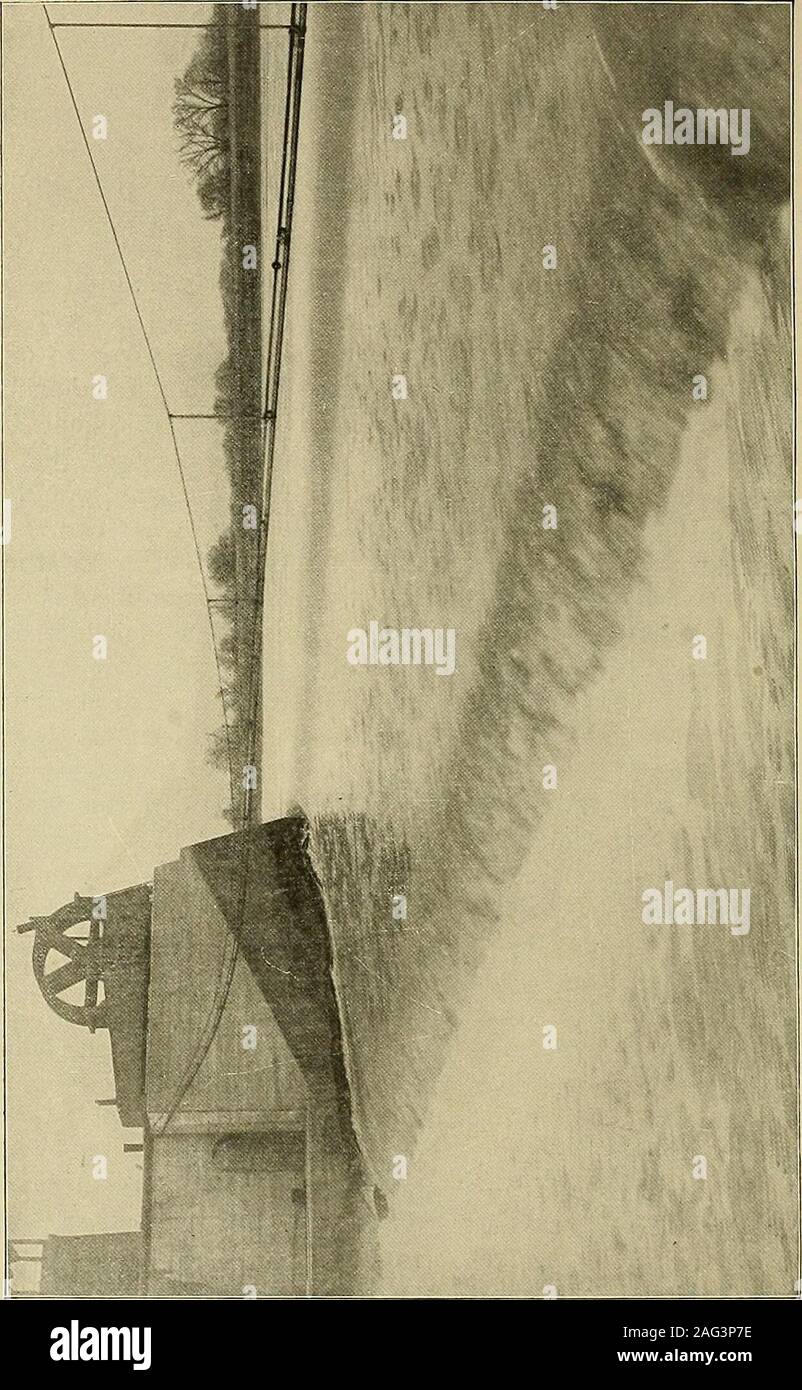. Memorial, presented by the Trustees of the Sanitary District of Chicago to the Congress of the United States : deep waterway from Lake Michigan to the Mississippi River at St. Louis. r, iron and merchandise of all kinds would be beyond the power of dic-tation by transportation monopolies, because countless salutary irresistible re-straints would spring into life. It would be a section of an inter-state commercelaw which could never be repealed, and the aiithority of which could never bequestioned. It is national in its character, and appeals for its support to everycitizen in the land. Its m

Image details
Contributor:
The Reading Room / Alamy Stock PhotoImage ID:
2AG3P7EFile size:
7.1 MB (478.9 KB Compressed download)Releases:
Model - no | Property - noDo I need a release?Dimensions:
1242 x 2012 px | 21 x 34.1 cm | 8.3 x 13.4 inches | 150dpiMore information:
This image is a public domain image, which means either that copyright has expired in the image or the copyright holder has waived their copyright. Alamy charges you a fee for access to the high resolution copy of the image.
This image could have imperfections as it’s either historical or reportage.
. Memorial, presented by the Trustees of the Sanitary District of Chicago to the Congress of the United States : deep waterway from Lake Michigan to the Mississippi River at St. Louis. r, iron and merchandise of all kinds would be beyond the power of dic-tation by transportation monopolies, because countless salutary irresistible re-straints would spring into life. It would be a section of an inter-state commercelaw which could never be repealed, and the aiithority of which could never bequestioned. It is national in its character, and appeals for its support to everycitizen in the land. Its most enthusiastic advocates should not be found here, but in the south and in the east, where are consumed the products of the west, and which, in turn, wish cheap transportation for their manufacturers to sectionsthe yearly resources of which have not been absorbed by excessive freight rates. The best way to show the immense commercial importance of the LakeMichigan-Illinois River deep waterway is, however, by the presentation ofstatistics of the commerce upon which it would draw. These statistics should becomprehensive, should show the commerce of the Great Lakes, of the port of. Memorial to the Congress of the United States. 37 Chicago and of New Orleans, and should also indicate the business of St. Louis, Peoria and the other interior cities upon the route. Unfortunately such figuresare very difficult, indeed, to secure with accuracy, and the United States TreasuryDepartment has only within the last few years begun to gather them in a sys-tematic manner which makes them valuable for purposes of comparison. Thetables which follow are, therefore, taken from various sources, and although, having different bases, they are not susceptible to exact comparison, yet theyserve to show the immensity of the interests directly involved. The commerce of the port of Chicago may first be considered. This includesthe shipping of both the Chicago and the Calumet Eivers. The latter empties intoth